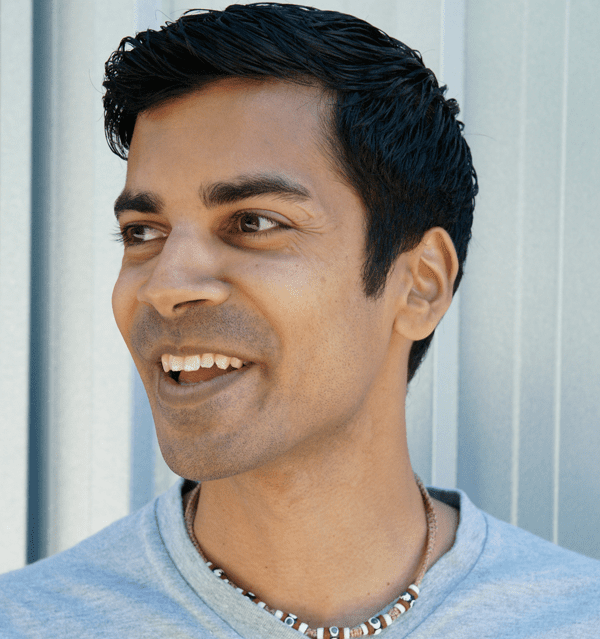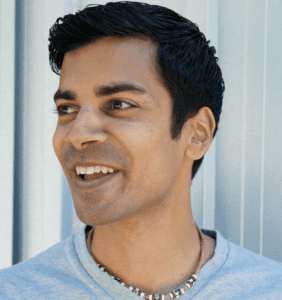Emerging Author of the Month: Derek Mascarenhas

Diaspora Dialogues
October 1, 2013


Tell us about yourself.
Writer. Analyst. Astronaut. I’m only two of the three, but I’ve always wanted to write a story set in space. Maybe after my current project is complete.
Tell us about the piece you’ve decided to share.
I started The Elephant in the Mountain a few years ago in a creative writing course at University of Toronto, taught by Michael Winter. I only recently finished it and gave it to my mother for her birthday. Like most of the stories in the collection, it’s told from the perspective of two siblings, Aiden and Ally.
When and why did you realize you had a passion for writing?
It came gradually. I’ve always loved stories and reading, but growing up I was much more comfortable amongst numbers. Today I try to balance my right and left brain tendencies, but I still think the way I started writing was somewhat analytical—it wasn’t until a couple of years after university that anything recognizable as a story really started emerging. It was around this time I decided to pack up and go on a rather ambitious backpacking trip around the world. In many ways that trip was a catalyst for my writing. I kept a journal the whole way and soon realized I looked forward to scribbling my thoughts on the day’s events as much as the actual day’s events. To go on that trip, at the time I gave up a very good job, but looking back on it now, it shaped a lot of who I am as a person. I view writing in a similar way—something you have to scratch, claw, sacrifice and save to be able to do, but is well worth it in the end.
What pieces of writing/authors have had the greatest impact on you?
There are many. Early on, Farley Mowat’s Lost in the Barrens was probably the first book I felt truly immersed in the world the author created. Roald Dahl is another author who it seems like I’ve been reading throughout my life. I love how playful and inventive his children’s books are, and later found out how brilliant his short stories are. I remember I came across The Wonderful World of Henry Sugar and Six More in a tiny used bookstore in Southeast Asia, and devoured it soon after. It was one book I couldn’t bear to trade, and carried it with me the rest of the journey—I still hide my passport in it on my bookshelf (but might have to move it now). Another author whose work changed both my appreciation and approach to short stories is Alice Munro—she really showed me what’s possible with the art form. I also have to mention Rohinton Mistry’s A Fine Balance. I remember reading that book while in university (instead of my textbooks) and being both transported to Bombay, and utterly moved by the characters; it remains my favourite novel.
What kind of writer do you aspire to be?
A damn good one.
How and when do you find time to write?
How: With much difficulty. Juggling life’s demands is hard enough, but writing is like trying to juggle while someone is whispering in your ear and poking you in the ribs. Every once in a while though, if you’re lucky, you get a pat on the back.
When: I often write late at night. Although it isn’t the most compatible with a full-time day job, I find there’s something about this time that let’s my subconscious run free. Usually it’ll be an image or a line of dialogue that gets stuck in my head; it’s my job to get it out before it drives me crazy, or worse, disappears.
